KLE 2021 LLB Syllabus for I Year
Syllabus
for KLE LLB 2012
KLE
LLB Syllabus 2012 :
Semester
I :
Course
I : General Principles of Contracts :
Unit
– I : History –
Formation of Contract – Agreement and Contract – Definitions – Classification –
Offer and Acceptance – Communication – Revocation – Essential elements –
Invitation to Offer – Tenders. Consideration – Nudum Pactum – Essential
elements – Privity of Contract and of Consideration – Exceptions – Unlawful
Consideration and its effect. Contractual Ability – Electronic Documents as Web
Pages – Digital Certificates as Entry Passes – Time and Place of Contract –
Secured Custody of Electronic Records.
Unit
– II : Capacity
to Contract – Minor’s Agreements and its effects – Persons of unsound mind –
Persons disqualified by Law. Free Consent – Coercion – Undue
influence – Misrepresentation – Fraud – Mistake – Legality of Object – Void
Agreements – Agreements against Public Policy – Wagering Agreements – Its
exceptions – Contingent Contracts.
Unit
– III : Discharge
of Contracts and its various Modes – by performance – Time and place of
performance – Performance of reciprocal promises – Appropriation of Payments –
Discharge by Agreement – By operation of Law – By frustration ( Impossibility
of Performance ) – By Breach ( Anticipatory and Actual ).
Unit
– IV : Remedies
for Breach of Contracts – Damages – Remoteness of damages – Ascertainment of
damages – Injunction – When granted and when refused– Restitution – Specific
performance when granted – Quasi Contracts.
Unit
– V : The Specific Relief Act : Nature of Specific Relief – Recovery of
Possession of movable and immovable Property – Specific performance when granted
and not granted – Who may obtain and against whom – Discretionary remedy –
Power of Court to grant relief – Rectification of instruments – Cancellation –
Declaratory decrees – Preventive relief – Temporary injunctions – Perpetual and
Mandatory Injunctions.
Government
as a contracting party : Constitutional provisions – Government powers to
contract – Procedural requirements – Kinds of Government Contracts, their usual
clauses, performance of such contract, settlement of disputes and remedies.
Course II : Constitution :
Unit
– I : Salient
Features of the Indian Constitution, Preamble, Citizenship, Fundamental Rights.
Unit
II : Directive
Principles of State Policy, Fundamental Duties, Parliamentary Government,
Bicameralism, Legislative Process, Privileges, Council of Ministers, President
of India, Governor.
Unit
III : Judicial
process under the Constitution, Nature of Judicial Review, Judicial Review
– Arts.32, 226 and 227, Court system in India, Judges – Appointments,
conditions of service, etc., Advisory Jurisdiction of the Supreme Court, Public
Interest Litigation, Activism v. Restraint.
Unit
IV : Federalism,
Center – State Relations, Freedom of Inter State Trade, Methods of
Constitutional Amendment, Limitation on Constitutional Amendment.
Unit
V : Emergency
provisions, Services under the State, State Liability.
Course
III : Law of Torts :
Unit
– I : Evolution
of law of torts – Nature and scope of law of torts – Meaning – Torts
distinguished from Contract – Crime Development of Ubi jus ibi Remedium –
Mental elements Intention, Motive, Malice in Law and in Fact.
Unit
II : General
Defences, Vicarious Liability.
Unit
III : Negligence;
Nuisance; Absolute and Strict liability. Legal Remedies – Awards –
Remoteness of damage.
Unit
IV : Torts
against person : Torts affecting body – Assault, Battery, Mayhem and False
Imprisonment; Torts affecting reputation Libel and Slander, Torts affecting
freedom – Malicious Prosecution, Malicious Civil Action and Abuse of Legal
Process; Torts affecting domestic and other rights – Marital Rights, Parental
Rights, Rights to Service, Contractual Rights, Intimidation and Conspiracy;
Torts against property.
Unit
V : Consumer
Protection Act, 1986.
Course
IV : Family Law – I : Hindu Law :
Unit
I : Introduction
– Concept of Dharma – Sources of Hindu Law – Modern and Ancient –
Importance of Dharma Shastra on Legislation – Two Principal Schools of
Hindu Law – Application of Hindu Law.
Unit
– II : Marriage
and Kinship – Evolution of the Institution of Marriage and Family – Law Prior
to Hindu Marriage Act – A detailed study of Hindu Marriage Act, 1955 –
Matrimonial Remedies – Maintenance and Alimony; Customary Practices and
legislative provisions relating to dowry prohibition.
Unit
– III : Hindu
undivided family – Mitakshara Joint Family – Formation and Incidents – Property
under both Schools – Kartha : His Position, Powers, Privileges and
Obligations – Debts – Doctrine of Pious Obligation – Partition and Reunion
–Religious and Charitable Endowment.
Unit
– IV : Inheritance
and Succession – Historical perspective of traditional Hindu Law relating to
Inheritance – A detailed study of Hindu Succession Act, 1956. Stridhana –
Woman’s Property – Recent State and Central Amendments to Hindu Succession Act;
Gifts and Testamentary Succession – Wills.
Unit
– V : Law
relating to Hindu Minority and Guardianship : Kinds of Guardians; Duties &
Powers of Guardians; A detailed study of Hindu Adoption and Maintenance Act,
1956; Maintenance : Traditional Rights and Rights under Hindu Adoption &
Maintenance Act 1956.
Course
V : Criminal Law – I : Indian Penal Code :
Unit
I : General
Principles of Crime; Conceptions of Crime; Distinction between Crime and other
wrongs under common Law – Crime and morality distinction – Circumstances when
morality amounts to crime – State’s responsibility to detect, control and
punish crime.
Principles
of criminal liability – Actus reus and mens rea ( also statutory offences ) and
other maxims; Variations in liability – Mistake, intoxication, compulsion,
legally abnormal persons; Possible parties to the crime : Principal in the I
degree; Principal in the II degree; Accessories before the fact; Accessories
after the fact.
Indian
Penal Code : General Explanation, Sections 6 – 33 and 39 – 52A; Punishment,
Sections 53 – 75 – social relevance of Capital Punishment – Alternatives to
Capital Punishment – Discretion in awarding punishment and minimum punishment
in respect of certain offences with relevance to precedents ( judgments ).
Unit
II : General
Exceptions : Sections 76 – 106; Criminal act by several persons or group :
Sections 34 – 38; Abetment : Sections 107 – 120; Criminal Conspiracy : Sections
120A & 120B; Offences against State : Sections 121 – 130; Offences against
the public tranquility : Sections 141 – 160; Offences relating to election :
Sections 171A – 171; Contempt of lawful authority and public servants :
Sections 172 – 190; False evidence and offences against public trust : Sections
172 – 229; Offences relating to coins and Government Stamps : Sections 230 –
263A; Offences relating to weights and measures : Sections 260 – 294A; Offences
relating to religion : Section 295 – 298.
Unit
III : Offences
affecting human life, causing miscarriage, injuries to unborn children –
Exposure of infants, concealment of birth – Hurt, Grievous Hurt – Wrongful
restraint – Wrong confinement – Criminal force and Assault ( Sections 299 – 358
).
Unit
IV : Kidnapping,
Abduction – Slavery and forced labour – Rape : custodial rape, marital rape –
Prevention of immoral traffic – Prevention of sati – Prohibition of indecent
representation of women – Unnatural offences, theft, robbery and dacoity –
Criminal Misappropriation of property – Criminal breach of trust – Receiving of
stolen property –Cheating – Fraudulent deeds and disposition of property (
Sections 378 – 424 ).
Unit
V : Mischief
( Sections 425 – 440 ) – Criminal Trespass ( Sections 441 – 462 ) – Offences
relating to document and property marks ( Sections 463 – 480 ) – Offences
relating to marriage ( Sections 493 – 498 A ) – Defamation ( Sections 499 – 502
); Criminal intimidation and annoyance and attempt to commit such offences (
Sections 506 – 511 ).
Semester II :
Course I : Contract II :
Unit
I : Contract
of Indemnity – Documents / Agreements of Indemnity – Definition, Nature
and Scope – Rights of indemnity holder – Commencement of the indemnifier’s
liability – Contract of Guarantee – Definition, Nature and Scope – Difference
between contract of indemnity and Guarantee – Rights of surety – Discharge of
Surety – Extent of Surety’s liability – Co – surety. Contract of Bailment –
Definition – Kinds – Duties of Bailer and Bailee – Rights of Finder of
goods as Bailee – Liability towards true owner – Rights to dispose off the
goods. Contract of pledge – Definition – Comparison with Bailment – Rights and
duties of Pawnor and Pawnee.
Unit
II : Agency
– Definition – Creation of Agency – Kinds of Agents – Distinction between Agent
and Servant – Rights and Duties of Agent – Relation of Principal with third
parties – Delegation – Duties and Rights of Agent – Extent of Agents authority
– Personal liability of Agent – Termination of Agency.
Unit
III : Indian
Partnership Act – Definition – Nature, Mode of determining the existence of
Partnership – Relation of Partner to one another – Rights and duties of partner
– Relation of partners with third parties – Types of partners – Admission of
partners – Retirement – Expulsion – Dissolution of Firm – Registration of Firms.
Unit
IV : Sale
of Goods Act – The Contract of sale – Conditions and Warranties – Passing of
property – Transfer of title – Performance of the Contract – Rights of Unpaid
Seller against goods – Remedies for Breach of Contract.
Unit V : Hire Purchase Act 1972 – Rights and Obligation of the
Hirer and Owner, Form and contents of Hire Purchase Agreements, Warranties and
Conditions – Standard Form of Contracts : Nature, Advantages – Unilateral
Character, Principles of Protection against the possibility of exploitation –
Judicial Approach to such Contracts – Exemption Clauses – Clash between two
standard forms of contracts.
Course II : Company Law :
Unit
I : The
Companies Act, 1956 – Corporate Personality and its kinds – Promoters –
Registration and Incorporation–M O A.
Unit
II : AOA
– Prospectus – Directors – Meetings – Role of Company – Dividends; Brief
analysis of corporate ethics.
Unit
III : Issue
of Shares – Types of Shares – Debentures – Procedure for allotment of shares
and debentures – share capital – Rights and privileges of shareholders –
Preventions of Oppression and Mismanagement – Different modes of winding up of
companies.
Unit
IV : SEBI
Act, 1992; Securities Contracts ( Regulation ) Act, 1956 and Rules.
Unit
V : FEMA
Act, 1999; Competition Act, 2002; Brief introduction to BPO & LPO.
Course
III : Property Law :
Unit
I : General
principles of Transfer of Property by Act of parties intervivos – Concept and
meaning of immovable property Transferable Immovable Property – Persons
Competent to transfer – Operation of Transfer – Conditions restraining
alienation and restrictions repugnant to the interest create drule against
perpetuity and exceptions – Direction for accumulation – Vested and Contingent
interest.
Unit
II : Doctrine
of election – transfer by ostensible and co – owner Apportionment – Priority of
rights – Rent paid to holder under defective title – Improvements made by
bonafide holder Doctrine of Lis pendens – Fraudulent transfer and part
performance.
Unit III : Mortgages of Immovable property : Definition – Kinds of
mortgages and their features – Rights and liabilities of mortgagor and
mortgagee – Priority of securities – Marshalling and contribution – Charges.
Unit
IV : Sale
of immovable property : Rights and liabilities of seller and buyer before and
after completion of sale – Difference between sale and contract for sale;
Leases of immovable property : Definition – Scope – creation of lease – rights
and liabilities of lessor and lessee – Determination and holding over; Exchange
: Definition and mode – Actionable Claims; Gifts : Scope – meaning mode of
transfer – universal gifts – onerous gifts.
Unit
V : Law
of Trusts with Fiduciary Relations : Definitions of Trust and its comparison
with other relationships like Debt, Ownership, Bailment, Agency and Contract;
Kinds of Trusts – Creation of Trust – Appointment of Trustees – Duties and
Liabilities of Trustees – Rights and Powers of Trustees – Disabilities of
Trustee Rights and Liabilities of the Beneficiary – Vacating the office of
trustee and Extinction of Trusts.
Course
IV : Administrative Law :
Unit
I : Evolution-
Nature and Scope of Administrative Law- Relation with Constitutional Law-
Separation of powers and concepts Rule of law- Counsil d’ Etate, (French
system) -Classification of Administration Action- functions- Administrative
direction and
discretion.
Unit
II : Legislative
power of the administration- Extent of delegation and control over delegated
Legislation- Sub-delegation Judicial- Parliamentary control over delegated
Legislation.
Unit
III : Judicial
power of Administration- Nature of procedure Principles of Natural justice-
Effect of non-compliance with principles of Natural Justice- Exception to
principles of Natural Justice.
Unit
IV : Judicial
control of Administrative action – Writs, Principles and Procedure – Public Law
Review and Private Law Review of Administration action- Liability of State –
Torts, Contract Promissory Estoppel-Government Privileges Right of information-
Doctrine of Legitimate expectation- Doctrine of Accountability Waiver- Doctrine
of Proportionality.
Unit
V : Corporations
and Public undertaking- Commission of Enquiry- Ombudsman in India (Lokpal and
Lokayuktha) – Central Vigilance Commission Parliamentary Committees Civil
services in India Accountability and responsibility- Problems and Prospectives-
Administrative deviance- Corruption- Maladministration- Control mechanism of
Accountability.
Course
V : Family Law – II : Mohammedan Law and Indian Law Succession Act :
Unit
I : Development
of Islamic Law: Advent of Islam & development of Muslim
Law, Schools of Islamic Law, the Shariat Act, 1937; Concept of
Marriage: Definition, object, nature, essential requirements of a Muslim
marriage, classification of marriage – Legal effects of valid, void and
irregular marriage – Muta marriage; Sources of Islamic law; Customary practices
and State regulation: Polygamy; Child marriage; Pre-emption; Wakf; Dower.
Unit
II : Conversion
and its consequences on family: Marriage, Guardianship, Succession; Child and
Family: Legitimacy, Custody, maintenance and education, Guardianship and
parental rights.
Unit
III : Matrimonial
Remedies under Islamic Law and Indian Divorce Act, 1869(Amended Act) – Nullity
of marriage – Bar to matrimonial relief; Alimony and Maintenance: Alimony and
Maintenance as an independent remedy- A review under Muslim law, Indian Divorce
Act,1869, provisions under the Criminal Procedure Code, 1973; Maintenance of
divorced Muslim Women under the Muslim Women (Protection of Rights on Divorce)
Act, 1986.
Unit
IV : Will
and Inheritance: Will-Meaning, difference between will and gift, Will made in
death bed or during illness; Muslim law of Inheritance- Shia and Sunni schools;
Distribution of property under Indian Succession Act of 1925(Of Christians,
Parsis and Jews)- Domicile – Parsis Intestate succession and Non Parsis
Intestate succession, Succession certificate, Probate and letters of
administration, powers and duties of executor.
Unit
V : Wills
– Privileged and unprivileged wills – Construction of Wills in brief – Void
bequests, void wills, kinds of legacies – Protection of property of the
deceased; Family Courts Act, 1984- Constitution, powers, and its
functions; Need for Uniform Civil Code- Article 44 of Indian
Constitution.




























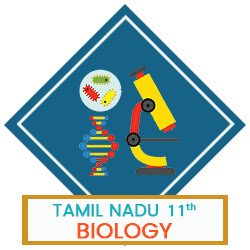





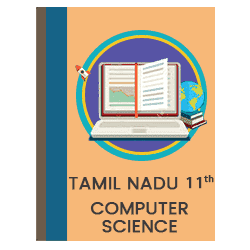
















































































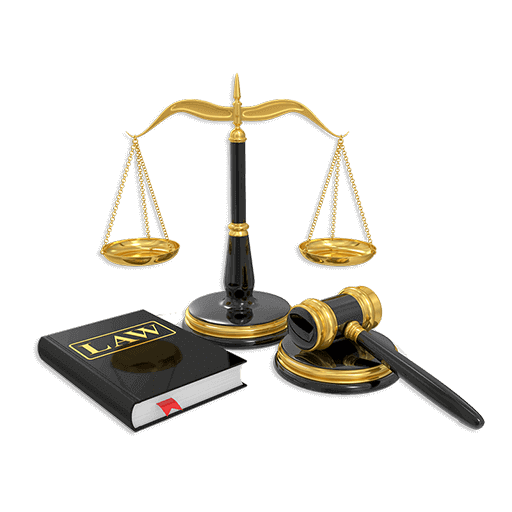







































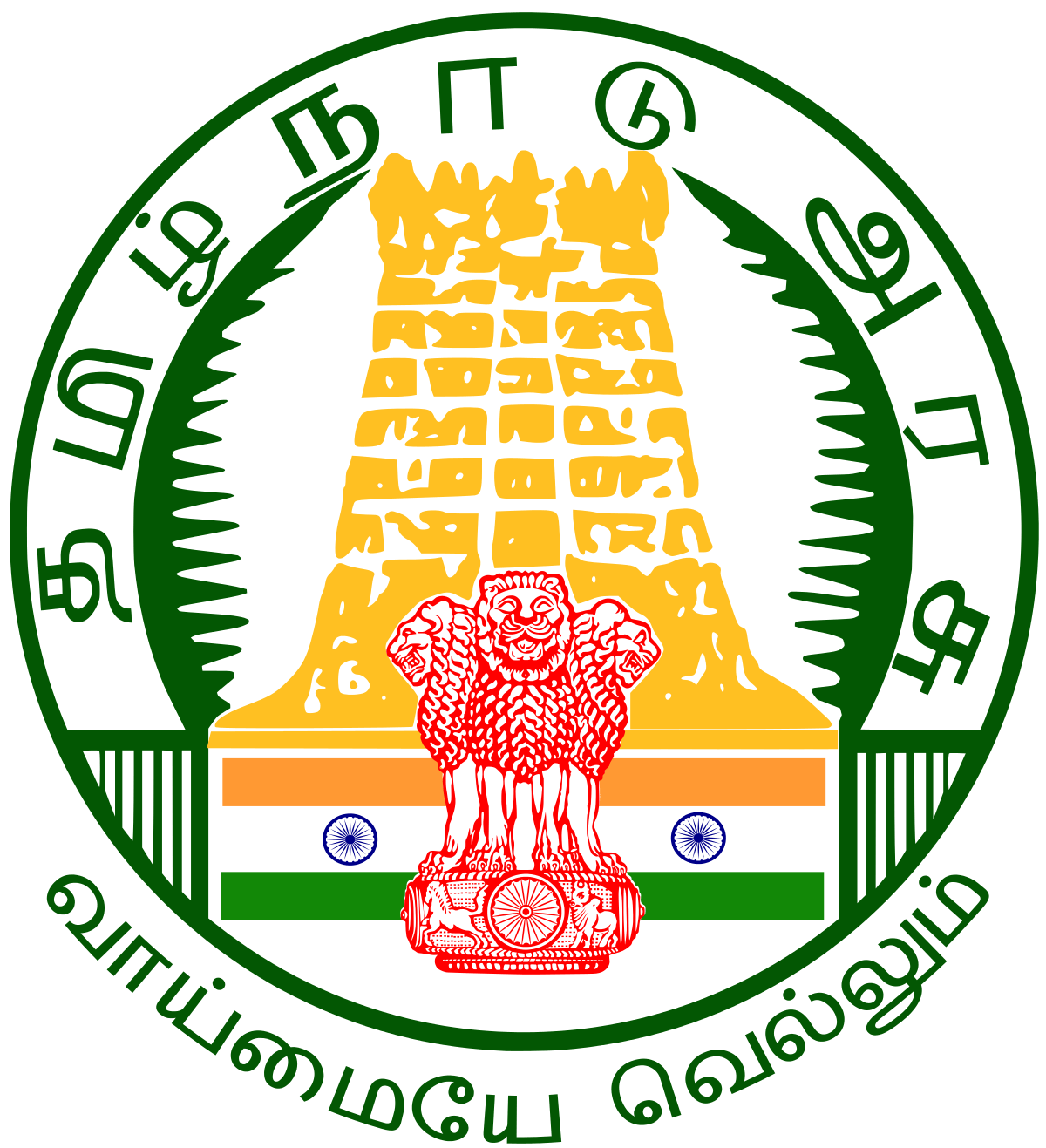









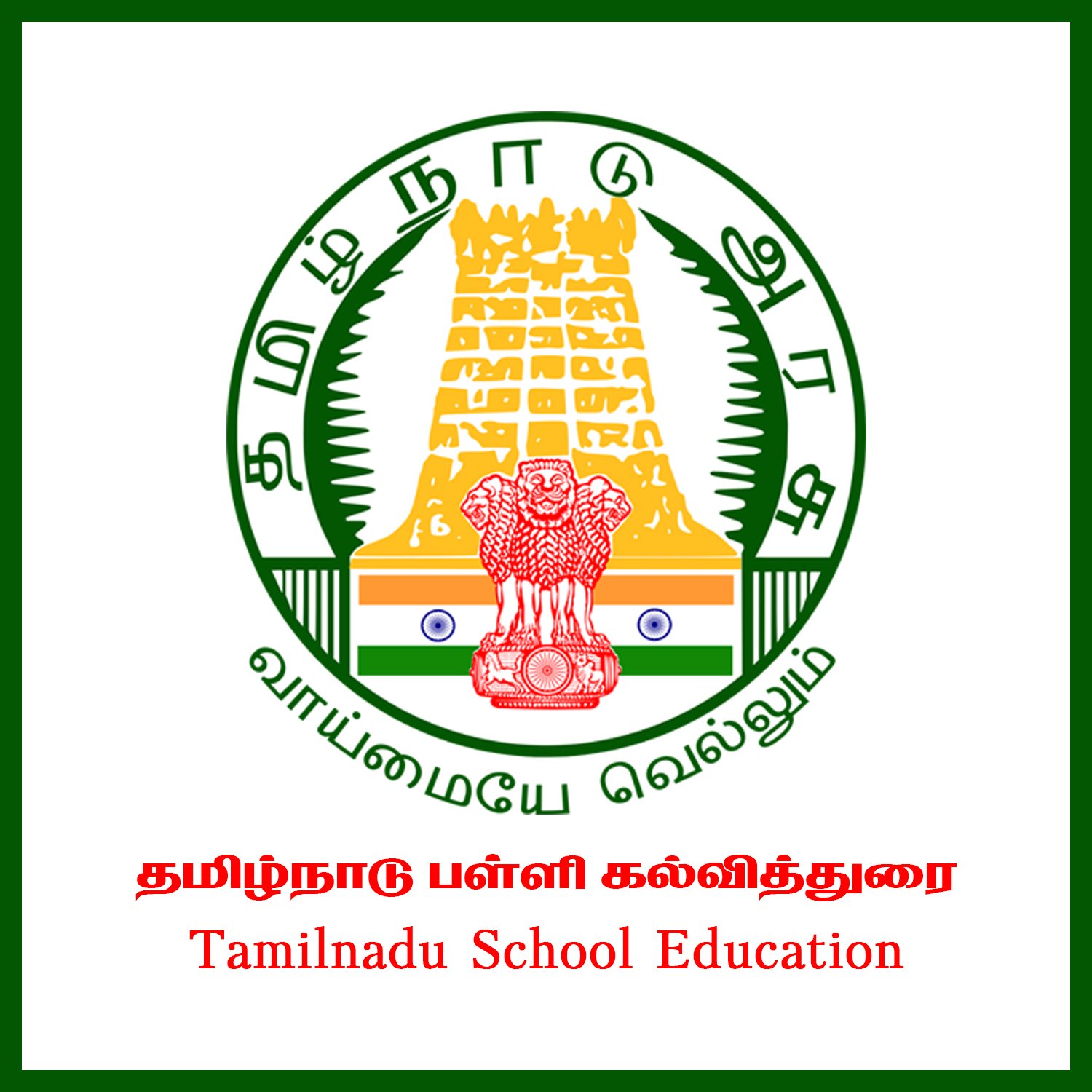

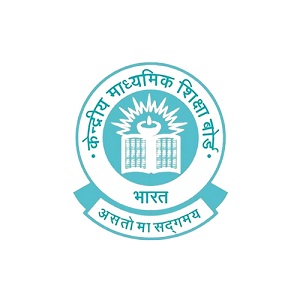


 DSNLU
DSNLU  TS LAWCET
TS LAWCET  NMIMS Law
NMIMS Law  University of Allahabad
University of Allahabad  Raffles University
Raffles University  LLBET
LLBET  FMU
FMU  JU Law
JU Law  GNDU CET
GNDU CET  Patna Law
Patna Law  NEHU Law
NEHU Law  Saveetha University
Saveetha University  KU
KU  IMU LAW
IMU LAW  RULET
RULET 
